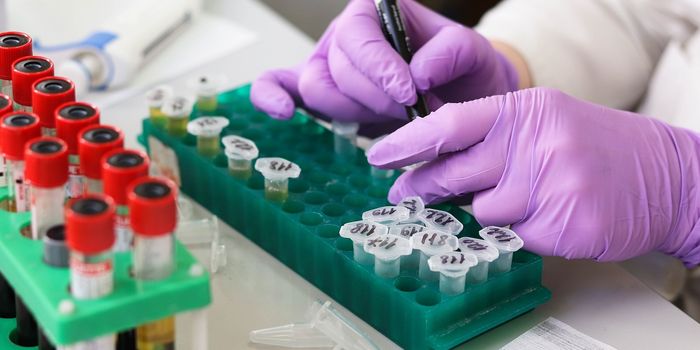Neonatal Origins of Chronic Inflammatory Disease
From birth, our genes write the story of our lives. For many people who develop chronic immune and inflammatory diseases at some point from childhood to adulthood, the genetic changes that promote disease may be detectable as a newborn.
Researchers from a new study wanted to do just that: study newborn immune cells to see how specific genetic variants may predict chronic disease. They collected cord blood samples from more than 100 Australian newborns already enrolled in the Childhood Asthma Study. Studying immune cells from those samples, researchers challenged the cells with various stimuli intended to prompt a disease response. They observed how certain genetic variants affected genetic expression that ultimately changed how the stimuli influenced the cells. Was there overlap between their observations and known genetic activity associated with chronic immune conditions? Yes.
Researchers discovered thousands of genetic variants affecting gene expression involved in various immune-related conditions. Chronic immune and inflammatory diseases are known to have a polygenic influence, meaning that not just a single gene was responsible for the disease. Many variants in different genomic locations play different roles in how disease affects the body over time.
The study is part of a larger mission to develop a disease prediction tool using “polygenic risk scores” with information gathered from observations like these. With such a tool, chronic immune and inflammatory diseases like type 1 diabetes, rheumatoid arthritis, celiac disease, and multiple sclerosis, many of which don’t manifest symptoms until later in life, could be predicted as early as infancy. And with prediction comes the possibility for therapeutic intervention to prevent or at least slow progression of disease.
"To date, similar studies have only been conducted in adult immune cells,” explained lead author Qinqin Huang. “Given the huge difference between neonatal and adult immunity, it is not surprising to see many signals that were unique to newborns."
Unique genomic compositions are at least partially responsible for changing genetic function, so much so that it eventually leads to disease, often beginning in childhood and coming to full fruition in adulthood.
Sources: Baker Heart and Diabetes Institute, Nature Communications








